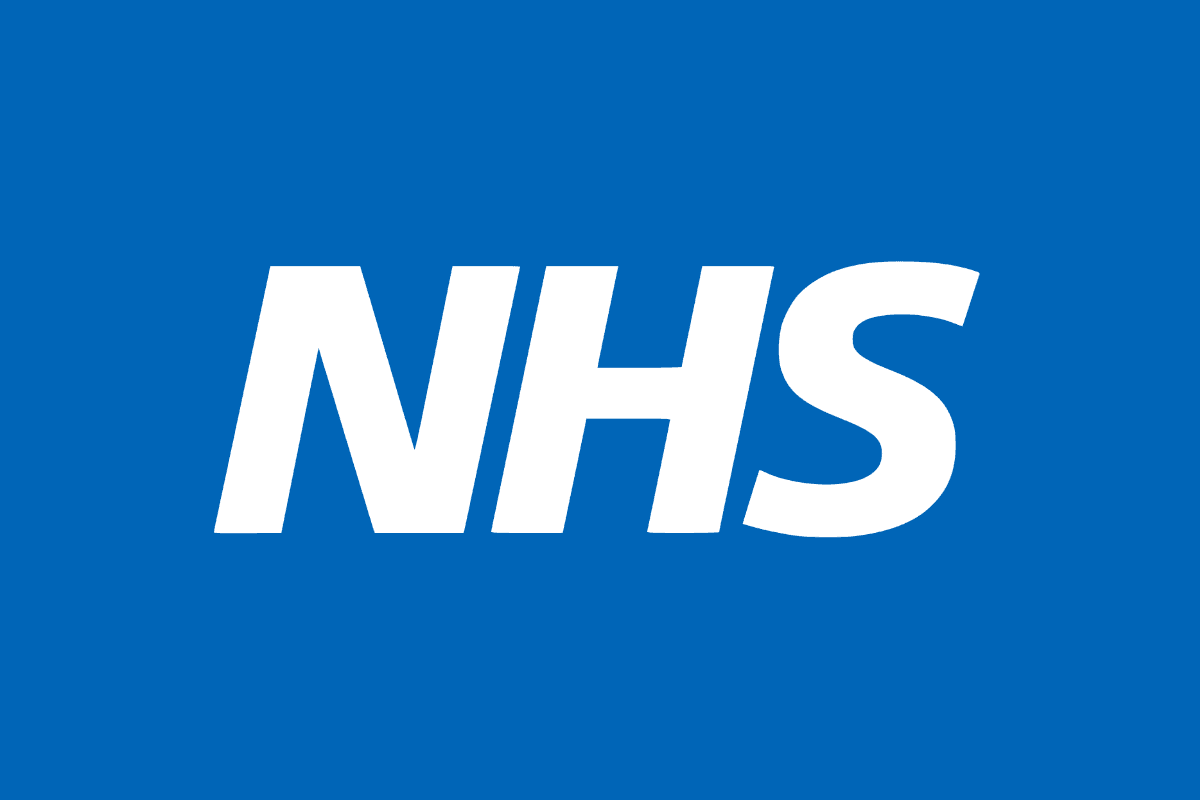Employers and Universities: Work with us?

Is working for the NHS right for you?
Whether you’re using technology to improve treatment or helping people to walk again, working for the NHS is a challenging, rewarding career. But is it right for you?
There are over 350 different careers in the NHS, so there are roles to fit all kinds of interests, passions and skills. Could a career in the health service be the path for you?
In this Q&A we’ll answer:
- How many people work for the NHS?
- What job roles are there?
- What skills do you need?
- Why work for the NHS?
How many people work for the NHS?
The UK’s National Health Service is the biggest employer in all of Europe. In fact, more than 1.3 million people work for the NHS. In any one day, more than 835,000 people across the country visit their doctor or practice nurse, while almost 50,000 pay a visit to accident and emergency departments.
What job roles are there?
You don’t have to become a doctor or nurse to work in the NHS, there is a huge range of jobs – from art therapist to paramedic. The NHS categorises the roles on offer into 15 categories. Check them out and see if any sound right for you; we’ve also included a few tips and insider advice from people who do these jobs.
1. Healthcare science
This includes scientists and lab technicians who help save lives by researching new treatments. For example, they might analyse human tissue samples or investigate cures to diseases.
2. Allied health professions
These are the professionals that make up the wider healthcare team taking care of a patient. They include:

- Art, music or drama therapist.
- Diagnostic radiographer.
- Occupational therapist.
- Operating department practitioner.
- Paramedic.
- Prosthetist/orthotist.
- Speech and language therapist.
- Therapeutic radiographer.
- Helen explains why she loves her job as a physiotherapist.
3. Ambulance service team
The emergency response crew takes 999 calls in the control room or gives that all-important non-emergency treatment for patients.
4. Doctors
Doctors use their expert knowledge of medicine and problem-solving skills to treat patients. It’s a very challenging career with lots of study involved – but it’s well paid and rewarding.
5. Dental team
Dentists and dental nurses diagnose and treat problems that affect the mouth, teeth and gums. It’s a well-respected role with job security.
6. Management
Managers are an important part of keeping the NHS running, from overseeing staff to managing budgets and providing equipment and services.
7. Health informatics

This section of the NHS involves getting the right information to the right person at the right time – and it’s one of the fastest growing job areas of healthcare. Tasks include introducing electronic health records for every patient in the UK, or analysing data to identify patterns in disease.
8. Midwifery
Delivering babies is one part of being a midwife. They also provide care and counselling for mothers before and after babies are born, as well as help parents prepare for a new addition to the family.
9. Nursing
Nurses work across the NHS, from A&E to in patients’ homes. You can now become a nurse without going to university – and you’ll still get a degree.
'There are more than 350 career paths in the NHS. Is there one that's right for you?'
10. Operating department practice
Operating department practitioners assist surgeons, anaesthetists and theatre nurses to make sure operations are as safe as possible.
11. Pharmacy
Pharmacists help patients manage their conditions by applying their expert knowledge of medicine.
12. Physician associates / assistants
These professions support doctors in different areas – they might work in GP clinics or hospitals. Assistant specialise in anaesthesia.
13. Psychological therapists
Psychological therapists offer counselling and therapy to help people with mental illnesses.
14. Public health
Public health professionals are focussed on improving people’s lifestyles, their communities and their environments in order to make sure they stay healthy.
15. Wider healthcare team
These roles include everything from booking appointments to organising catering – they’re the behind-the-scenes pros that keep the NHS running.
What skills do I need?
Since there’s such a wide variety of jobs throughout the health service, the skills and qualities required vary depending on the role. But there are a handful of qualities and transferable skills that NHS staff all have. Working for the NHS requires:
- Caring attitude: you’ll work either directly with, or indirectly to benefit, a range of people – from children and the elderly, to vulnerable people or those with disabilities. A caring approach, and a desire to look after people, is crucial.
- People skills: most healthcare jobs involve working with people – whether that’s your colleagues and/or patients. You need to be able to work as part of a team.
- Organised: excellent time-management skills are important for jobs in the NHS.
Here is a full list of skills you need for healthcare jobs.

out in the community or in GP clinics
Why work for the NHS?
As well as being able to help people in a job that makes a difference, there are a few reasons why working for the NHS might be right for you…
- You’ll get a salary that fits your ability and tasks, with lots of opportunities to increase it through training.
- 27 holidays a year, plus public holidays.
- Development to make your own career goals happen.
- Pension – it’s said to be one of the best in the UK.
Sound right for you?
There are routes into the NHS via school-leaver programmes and apprenticeships, as well the more traditional higher education route.
Work experience gives you a foot in door. Contact your local NHS trust to see what opportunities are available.
